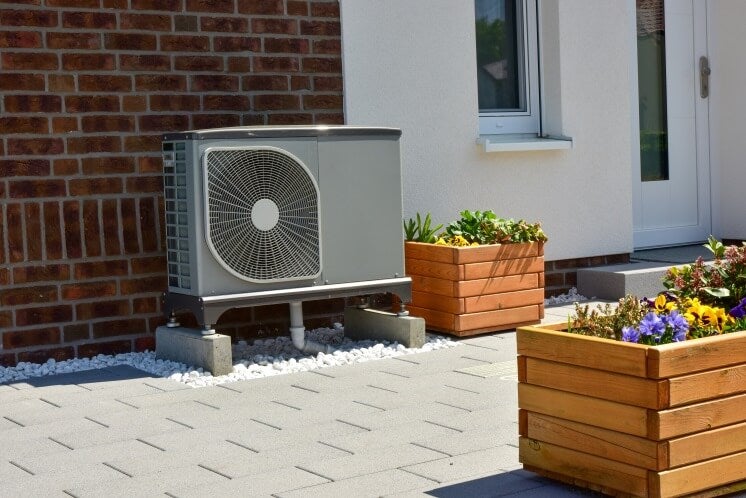Why Heat Pumps Are Ideal for Home Efficiency
Heat pumps are rapidly gaining recognition as one of the most efficient ways to heat and cool homes, offering a versatile and energy-efficient solution for year-round comfort. Unlike traditional heating systems, which rely on combustion to generate heat, heat pumps work by transferring heat between the interior of the home and the outside environment. In winter, they extract heat from the cold air outside and bring it inside, while in summer, they reverse the process, transferring heat out of the home to cool it. This method of heat transfer is inherently more energy-efficient than traditional systems because it does not generate heat, but instead moves it, requiring less energy to maintain a comfortable indoor climate. One of the key reasons heat pumps are ideal for home efficiency is their ability to deliver consistent heating and cooling without the significant energy consumption associated with more conventional methods. Heat pumps can provide the same level of comfort while using far less electricity than electric baseboard heaters or gas furnaces. This efficiency translates to lower utility bills, making heat pumps a cost-effective long-term investment for homeowners.

Moreover, heat pumps are typically equipped with advanced technology, including variable-speed motors, which allow them to adjust their output based on the temperature, further reducing energy use when full power is not necessary. Another advantage of heat pump is their ability to provide both heating and cooling in one system, eliminating the need for separate air conditioning units and heating systems. This not only reduces the upfront cost of installation but also saves space and simplifies maintenance. In climates where winters are mild to moderate, heat pumps are particularly well-suited, as they can function efficiently even in temperatures as low as 25°F -4°C, and some newer models are designed to work in even colder conditions. In these regions, they provide an all-in-one solution that ensures comfort year-round without the need for additional heating or cooling systems. The environmental benefits of heat pumps further enhance their appeal for homeowners seeking efficiency. Since heat pumps transfer heat rather than generate it through combustion, they contribute significantly to reducing greenhouse gas emissions, particularly when powered by renewable energy sources like solar or wind.
This makes them a more sustainable choice compared to conventional fossil fuel-based systems, which are responsible for a significant portion of global carbon emissions. As homeowners and businesses alike strive to meet stricter environmental standards, heat pumps Jnod offer a practical solution to reduce their carbon footprint. Finally, heat pumps are durable and long-lasting, with many models offering a lifespan of 15 years or more with proper maintenance. Their reliability, combined with the energy savings they generate, ensures that they remain an excellent choice for homeowners looking to improve the overall efficiency of their homes while also minimizing long-term maintenance costs. The combination of cost-effectiveness, environmental sustainability, and comfort makes heat pumps an ideal choice for anyone looking to upgrade their home is heating and cooling system.

